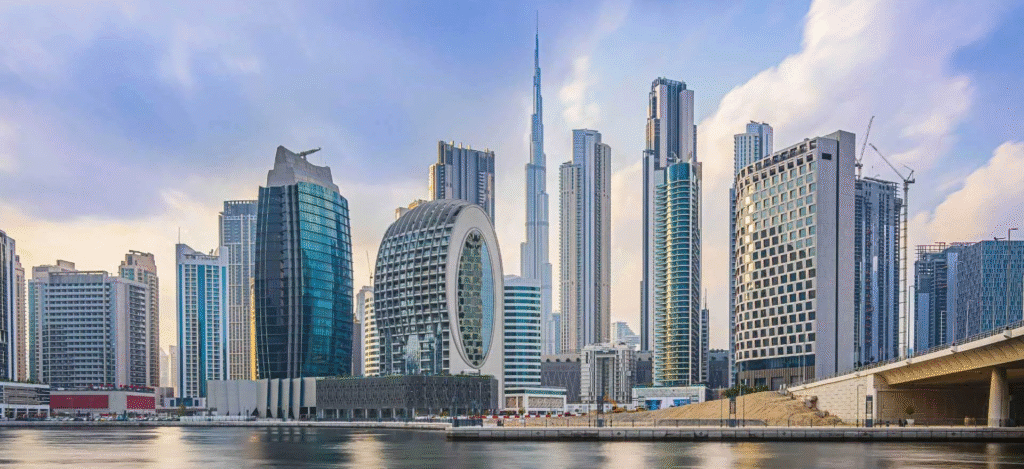
The United Arab Emirates UAE has established itself as one of the most attractive real estate destinations in the world. From the luxurious high-rises of Dubai Marina to the family-friendly communities of Abu Dhabi, property ownership in the UAE continues to capture the attention of local and international buyers. But for anyone looking to invest, live, or expand their portfolio in the UAE property market, one key question always arises: should you buy a freehold or leasehold property?
Understanding the difference between the two is critical for making a sound investment decision. While both options come with their own set of benefits, they also have certain limitations that every buyer must carefully weigh.
A freehold property gives the buyer complete ownership of both the property and the land it stands on. This ownership is not limited by time, meaning it is permanent and can be passed on to heirs.
In simple terms, if you buy a freehold property in Dubai or Abu Dhabi, you own it entirely. You can live in it, rent it out, sell it, or even gift it without needing prior approvals beyond standard legal processes.
Foreign nationals were first allowed to buy freehold properties in Dubai in designated areas in 2002. Since then, iconic communities such as Palm Jumeirah, Downtown Dubai, Business Bay, and Jumeirah Village Circle have become hot spots for freehold ownership.
For buyers, the biggest advantage is security. Freehold ownership ensures that your property is yours indefinitely, giving you a strong sense of stability.

A leasehold property means you are essentially leasing the property from the freeholder for a long-term period, usually between 30 to 99 years. While you can live in it, rent it, or resell your lease, you do not own the land itself.
When the lease period expires, ownership reverts back to the freeholder, unless the lease is renewed. This makes leasehold ownership similar to renting, but on a much longer timescale.
Leasehold options are often available in prime locations and tend to come at a more affordable price compared to freehold properties. They are a popular choice for expatriates who want to live in central areas without the high upfront costs of freehold ownership.
To help buyers make an informed decision, here are some of the most important differences between freehold and leasehold properties in the UAE:
The decision between freehold and leasehold depends on your goals as a buyer.

These designations are regulated by each emirate’s property laws, so buyers should always check with the Dubai Land Department (DLD), Abu Dhabi Municipality, or relevant authorities before purchasing.
As of 2025, Dubai’s real estate market continues to attract global investors due to strong rental yields, tax-free benefits, and growing demand from international buyers. Freehold properties in prime areas remain in high demand, especially luxury waterfront apartments and villas.
Meanwhile, leasehold properties are finding popularity among young professionals, startups, and mid-income families looking for affordable housing solutions in central locations.
Industry experts predict that while freehold will remain the preferred choice for long-term investors, leasehold will continue to serve as a viable entry point for first-time buyers or those with shorter-term plans.
The UAE property market offers something for every type of buyer, but the choice between freehold and leasehold depends on your lifestyle, budget, and investment goals. Freehold properties give you permanent security, while leasehold properties provide flexibility and affordability.
Before making a decision, it’s always best to seek professional advice, understand the legal implications, and evaluate your long-term plans in the country.
In the end, whether you choose freehold or leasehold, the UAE’s real estate market continues to be one of the most promising in the world.
READ MORE:- Inside the World of Business Acquisitions: Secrets of Corporate Growth 2025
